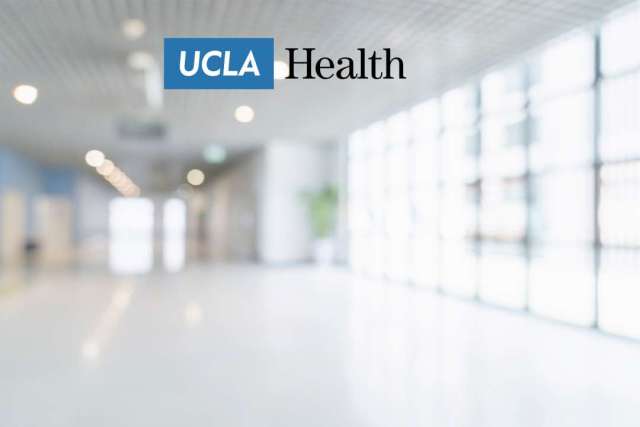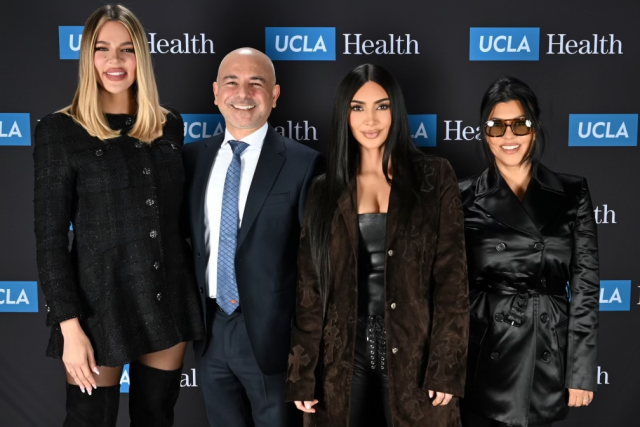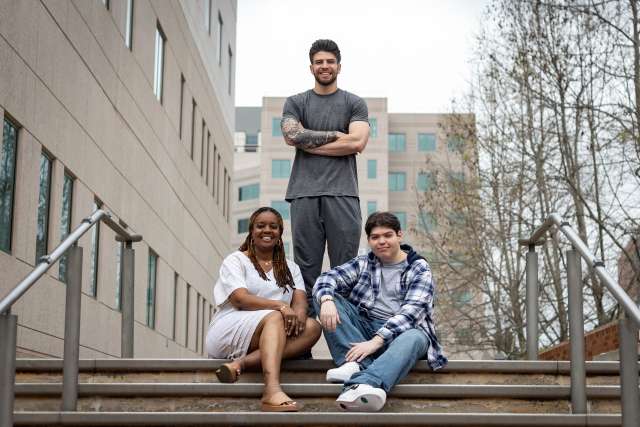| David Brooks, Ph.D. |
UCLA scientists have shown that temporarily blocking a protein critical to immune response actually helps the body clear itself of chronic infection. Published in the April 12 edition of the journal Science, the finding suggests new approaches to treating persistent viral infections like HIV and hepatitis C.
The research team studied type-1 interferons (IFN-1), proteins released by cells in response to disease-causing organisms. These proteins enable cells to talk to each other and orchestrate an immune response against infection. Constant IFN-1 signaling is also a trademark of chronic viral infection and disease progression, particularly in HIV.
"When cells confront viruses, they produce type-1 interferons, which trigger the immune system's protective defenses and set off an alarm to notify surrounding cells," said principal investigator David Brooks, an assistant professor of microbiology, immunology and molecular genetics at UCLA's David Geffen School of Medicine and the UCLA College of Letters and Science. "Type-1 interferon is like the guy in the watchtower yelling 'red alert' when the marauders try to raid the castle."
Scientists have long viewed IFN-1 as beneficial, because it stimulates antiviral immunity and helps control acute infection. Blocking IFN-1 activity, they reasoned, would allow infection to run rampant through the immune system.
On the other hand, prolonged IFN-1 signaling is linked to many chronic immune problems. The research team wondered whether obstructing the signaling pathway would enable the immune system to recover enough to fight off chronic infection.
To test this theory, Brooks and his colleagues injected mice suffering from chronic viral infection with an antibody that temporarily blocked IFN-1 activity.
Much to their surprise, they discovered that giving the immune system a holiday from IFN-1 boosted the body's ability to fight the virus. Stunningly, the respite also reversed many of the immune problems that result from chronic infection, such as a rise in proteins that suppress immune response, continuous activation of the immune system and disruption of lymph tissue.
The findings fly in the face of past studies that suggest eliminating IFN-1 activity in mice leads to severe, lifelong infection.
"What we saw was entirely illogical," Brooks admitted. "We'd blocked something critical for infection control and expected the immune system to lose the fight against infection. Instead, the temporary break in IFN-1 signaling improved the immune system's ability to control infection. Our next step will be to figure out why and how to harness it for therapies to treat humans."
"We suspect that halting IFN-1 activity is like pushing the refresh button," said first author Elizabeth Wilson, a UCLA postdoctoral researcher. "It gives the immune system time to reprogram itself and control the infection."
Uncovering this mechanism could offer potential for new therapies to tackle viruses like HIV and hepatitis C, according to Brooks. The team's next step will be to pinpoint how to sustain IFN-1's control of the virus while blocking the negative impact that chronic IFN-1 activity wreaks on the immune system.
The National Institute of Allergy and Infectious Diseases and the UCLA Center for AIDS Research supported the research.
Additional co-authors included Douglas Yamada, Heidi Elsaesser, Jonathan Herskovitz, Jane Deng and Genhong Cheng, all of UCLA; Bruce Aronow of the University of Cincinnati; and Christopher Karp of the University of Cincinnati and the Bill and Melinda Gates Foundation.



